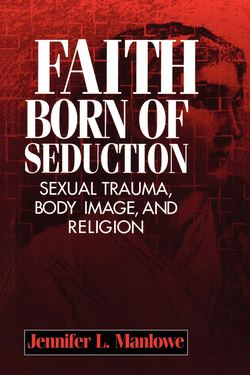Читать книгу Faith Born of Seduction - Jennifer L Manlowe - Страница 27
На сайте Литреса книга снята с продажи.
Broken Narrative
ОглавлениеMany survivors have difficulty not only remembering their history but coherently assessing their past. Thus, under the conditions of chronic abuse, fragmentation becomes the central principle of personality organization. Fragmentation in consciousness prevents the ordinary integration of knowledge, memory, emotional states, and bodily experience. Though all the survivors interviewed were able to graduate from college, most felt that their ability to be fully attentive in school was severely hindered by their preoccupation with trying to solve double-binds: “If he loves me, why does he abuse me,” or “My family looks normal from the outside, what’s wrong with me on the inside?”
A pastiche of inner representations of the self prevents the unification of identity. Such a shattered consciousness is discerned through listening to the survivor’s attempt to recall her history. Natalie offers an example of how difficult it is to have full memory regarding an intolerable betrayal by both parents.
One cognitive memory I have—I think this is kind of where my memory is cut—I remember being in bed with my dad, and I think my mom was on the other side of me, I was between my mom and my dad. And—and I’m not sure that my mom was there, but I know that my dad and I were in my dad’s bed, in my dad’s room—[they had separate bedrooms]—and I remember his hand being on my stomach, and it was—it was not right on my tummy, what—I called my tummy then, it was too far down. And I remember thinking, “Oh, my God, he’s just an inch from my vagina,” you know. I remember feeling that, you know, that—that—kind of terror. Then the memory cuts off.
I use the term broken narrative75 to describe this phenomenon. A broken narrative is a sense of being able to summon only parts of a scene from one’s past, like having access to only a single frame or two rather than access to an entire film.
Melinda reveals a kind of psychic amnesia76 when she talks about living with her family: “I don’t have many memories of being with my family. I don’t remember sitting at a table. I don’t remember eating with my family until high school. I have no memory. I was really like a walking skeleton. Our house was like Dickens’ Bleak House. Ironically, that was one of three books we had in our house.” When trust is lost, traumatized people feel that they belong more to the dead than to the living.77 Especially when abuse is chronic, the person may find the notion of death (severing from their lived reality) comforting.
